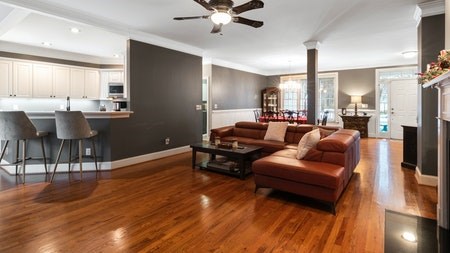A well-maintained rental property in a location that is popular with tenants is an excellent investment. But you need to know the ins and outs of rental income and income tax to make sure you don’t fall foul of the SA Revenue Services (SARS).
Rent received from letting residential accommodation such as a townhouse in a sectional title complex, a holiday home, a granny flat on your property, or even sub-letting a section of your house will be subject to tax.
Rental income will be added to any other taxable income you receive, such as a salary, or wages or dividends from shares. However, the taxable income from renting out a property can be reduced, since many expenses are deductible for tax purposes.
Deductible expenses
Expenses that can be deducted from rental income include:
- Interest on your mortgage.
- Rates and taxes.
- Sectional title and homeowner association levies.
- Estate agency fees.
- Homeowners’ insurance – this covers items such as burst water pipes or geysers, fire and flood damage.
- Household content insurance - if you are letting the property furnished.
- Furnishings – if the property is rented out as holiday accommodation or is being let furnished.
- Garden services.
- Maintenance and repairs.
- Security.
Non-deductible expenses
Only expenses relating to the rental of the property may be deducted for tax purposes. This means that SARS will not consider outlay on capital and private items as deductible expenses.
Although maintenance and repairs expenses may be deducted from the rental income, the cost of improvements are considered capital expenses. They will be added to the value of the property.
If you sell the rental property, however, the improvement costs will be seen as an expense that will lower your capital gain on the property. This will reduce the capital gains tax (CGT) payable to SARS on the sale of the property.
Losses
On occasion, the expenses you incur from letting a property may exceed your income from the rental. If this happens, the loss should be offset against other taxable income you receive such as your salary or dividends.
Professional advice
Before renting out a property it may be advisable to consult a tax specialist to be sure you fully understand which expenses are deductible. This will give you a realistic view of your tax liabilities as well as the annual income you can expect to earn from your rental property.




